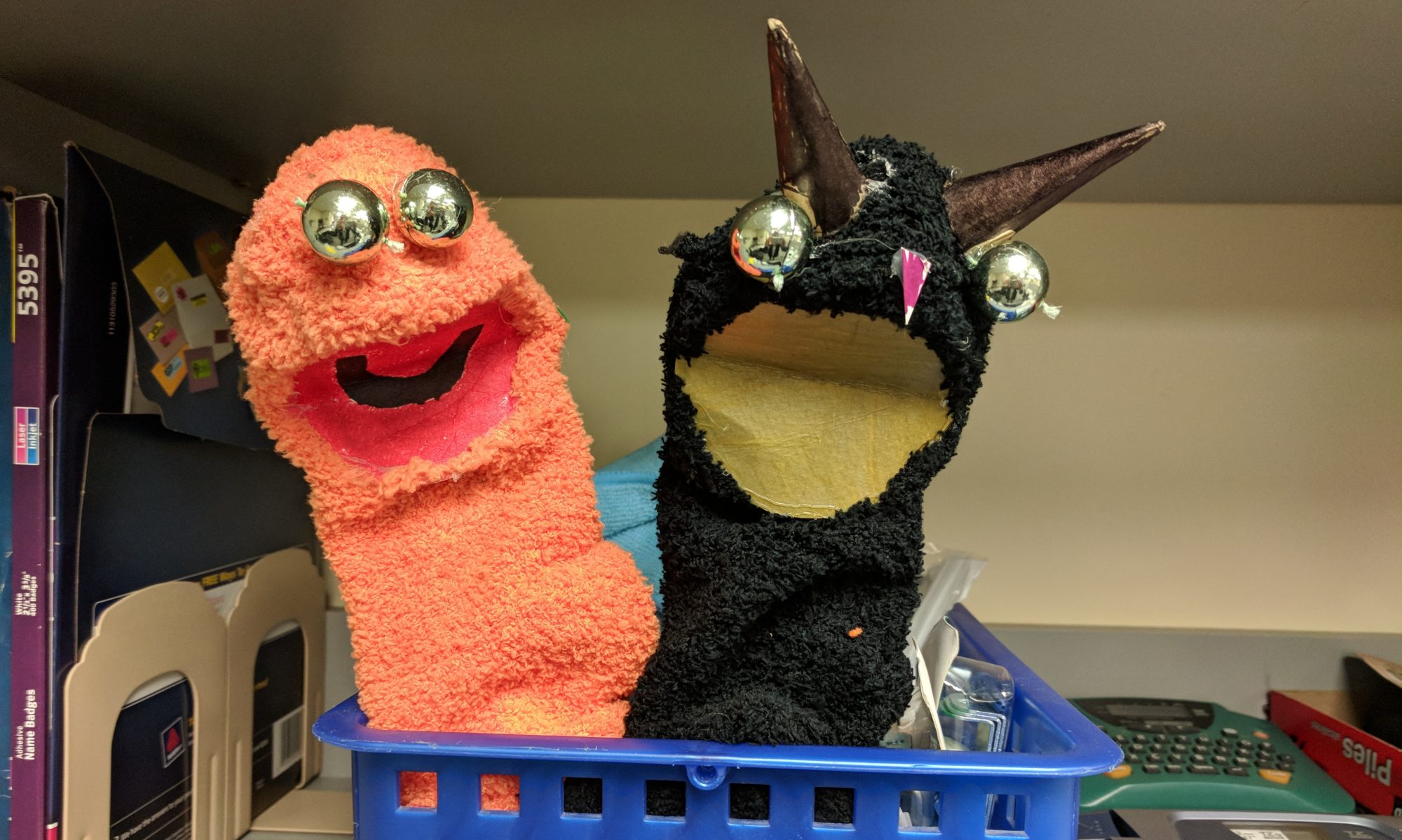This month’s Scientific American Mind is really great. There are tons of articles on topics I am very interested in such as, creativity, anorexia, clues to the origin of consciousness through split brain patients, as well as epigenetic theory that gives new clues to how the environment influences gene expression, but does not actually alter our genetic codes.
In today’s post I’ll briefly address the article on creativity entitled “How to Unleash Your Creativity”. Three experts in creativity; one psychologist (John Houtz), one academic scholar (Robert Epstein) and one writer/filmmaker (Julia Cameron) discuss the nature of creativity and what one can do to help oneself become more creative.
Here is an excerpt from the beginning of the article,
John Houtz: There’s so much power in a new idea taking shape and changing the way people live and act. Often the rest of us are in awe, or we are even afraid of a new idea, and sometimes our fears spur us to learn more about it. In addition to what some academics call Big Creativity or “Big C” profound ideas that sometimes change the world—there is what we call the “little c” type of creativity: the everyday problem solving that we all do. The bottom line is that we’d all like to be more creative. We’d all like to be able to solve our problems in a better way. We don’t like being frustrated. We don’t like having obstacles in our path.
The three experts then begin discussing their conceptualization of the creative process and how one needs to practice being creative. Here are some observations by Cameron as to the changes that occur internally when people discover the creative process and try to incorporate these practices into their everyday lives,
I…have found the creative process to be teachable and trackable. I teach people three simple tools, and anyone using those tools has what might be called an awakening. They become much more alert; they become much more friendly in interacting with people and much less threatened by change
Epstein describes four skill sets needed for creative expression to take place, according to his research,
The first and most important competency is capturing preserving new ideas as they occur to you and doing so without judging them…The second competency is called challenging, giving ourselves tough problems to solve. In tough situations, multiple behaviors compete with one another, and their interconnections create new behaviors and ideas. The third area is broadening. The more diverse your knowledge, the more interesting the interconnections, so you can boost your creativity simply by learning interesting new things. And the last competency is surrounding, which has to do with how you manage your physical and social environments. The more interesting and diverse the things and the people around you, the more interesting your own ideas become…
There’s lots more great stuff in this article, but I was happy to find that Epstein acknowledged the effect our society has on discouraging creative thinking from a very young age,
When children are very young, they all express creativity, but by the end of the first grade, very few do so. This is because of socialization. They learn in school to stay on task and to stop daydreaming and asking silly questions. As a result, the expression of new ideas is largely shut down. We end up leaving creative expression to the misfits, the people who can’t be socialized. It’s a tragedy.
Its sad for me to think how many children are being steered away from creative problem solving, thinking or expression for the purpose of following the rules or conforming, for example. And then for some of these children as adults, striving to relearn what used to come instinctually…I guess thats just one of the ironies of living in our society…or perhaps in any society? What I mean by this is that perhaps the pressure to conform to certain styles of thinking may be an important part of learning how to live in any society, not just ours.

Elizabeth,
I have long been an admirer of your work. So glad you spotted my article in Scientific American Mind about anorexia. It’s a topic about which I am most passionate.
Best,
Trisha Gura
Hey Trisha,
I checked out your site, and indeed eating disorders do seem to be a passion of yours. I can see you have many publications on the subject. I will try to check some out in the future, and maybe even blog about them.
I would like to get back to working with that population sometime in the near future. Although this population can be challenging, I found myself enjoying helping people get back in touch with their creative side, find another way to communicate, as well as exploring the symbolic imagery in their artwork.
Thanks for the kind words
– Liz